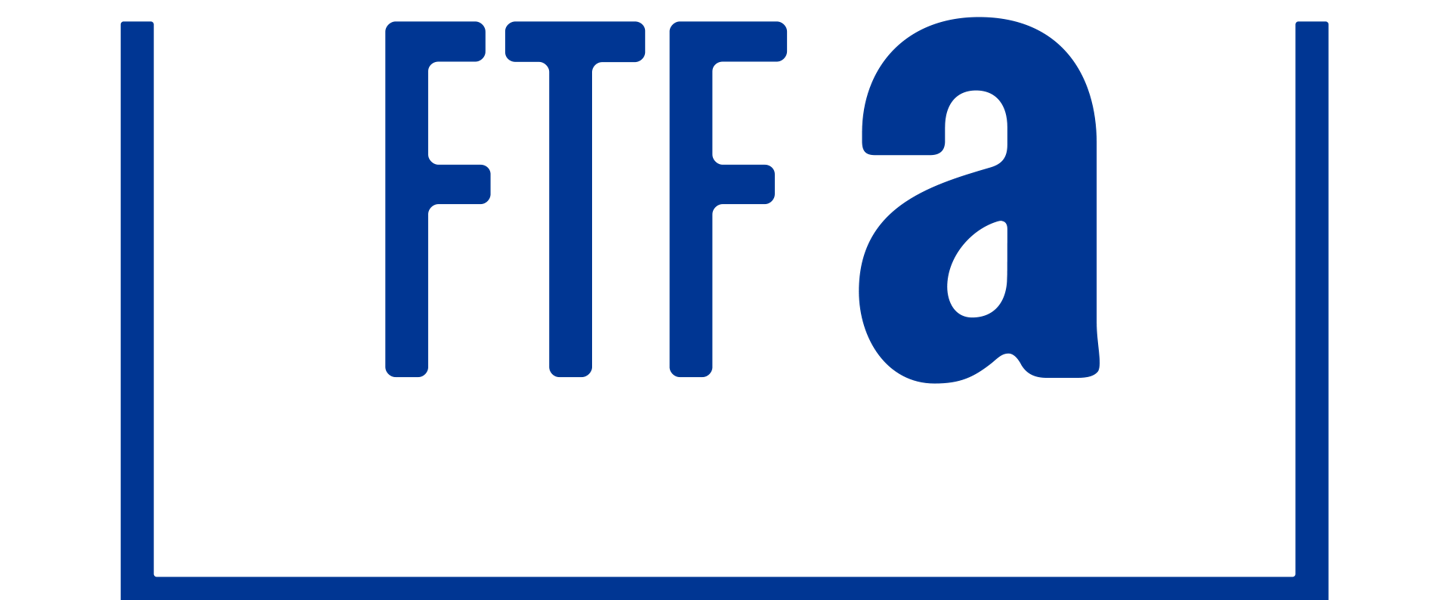
HAVE YOU BEEN CALLED FOR A JOB INTERVIEW?
Congratulations! That means that your qualifications are in order and that the employer has received a positive impression of you from your application material. On this page, you can find some advice on how to prepare for the job interview.
How to prepare for the job interview
The job interview is all about testing the chemistry between you and your potential future employer. For you, it’s about showing how your professional and personal skills, experience and ideas can be put to work for the benefit of the company. Thorough preparation will give you more confidence in the interview and equip you to ask informed questions.
You can come a long way by checking the company’s website, Facebook and LinkedIn pages, and searching on Google before the interview. They will almost certainly check on you, too! Ask people in your network if they know the company. You can use the knowledge you gather to prepare questions about what you are curious about – such as customer groups, market areas, products or raw materials. This sends the clear signal that you are interested in the job and in the company as your future employer.
At the interview, the employer will ask about your application and CV. In addition to bringing a copy of your material, it is important that you have decided what you wish to highlight, and how.
Be clear about your core message: What is the single most important thing a prospective employer needs to know about you before the interview is over? Choose a few key words that describe what you can do, what you want to do and who you are. At home, practise talking about your professional skills, personality and motivation in a brief and precise way, so that your core message is relevant in relation to the employer’s world.
Prepare some examples for the job interview that show how your skills and experience can create value for the company. Employers can’t necessarily guess this.
You could for example describe a project you have successfully completed or a case that supports your skills: How can you show (and not just say) that you are goal-oriented and result-oriented, for example? What results have you achieved? What common goals have you helped to achieve? And what was your specific role in that connection?
This builds credibility and paints a picture of how you could drive results in the company.
The employer controls the interview and typically starts by telling you about the company and the job, before passing the ball to you – often with the words “Tell us a bit about yourself”. Let your answer be comprehensive, but not too long. Don’t be afraid to hold brief pauses for thought. And be aware of how you can contribute to the mood and balance of the conversation.
Some candidates come away feeling that they did not say and ask about what they wanted, because they were not invited to do so. But it’s your responsibility to make sure your employer learns the most important things about you.
Also, try asking open questions on relevant topics that may come up along the way. If, for example, if they mention that the team is planning a new focus or development initiative, ask what focus this is, or a development in which area. Listen to the answer and use it to give the employer more targeted knowledge about you, so that they can assess whether or not you are the right employee.
There’s something at stake in every job interview that can be life-changing – and therefore nerve-wracking. Adrenaline and nervousness are similar feelings, but while one is your ally, the other is your enemy.
Practise what you can do before and during the interview to turn any nervousness into adrenaline and energy. What can you do to stay on top of things, and bring out the best version of yourself? If you are very nervous, saying so at the interview can be disarming and reassuring.
10 QUESTIONS YOU SHOULD BE ABLE TO ANSWER AT THE JOB INTERVIEW
You never quite know what a job interview will bring. But here are 10 questions in four areas that you can use to prepare for the interview. They may not be the precise questions you will be asked, but you can expect to encounter some variation of them in most cases.
1) Could you tell us a little about yourself?
2) Why do you want to work for our company? What is it in particular that interests you about the job?
3) What concerns do you have about the job?
4) What do you think will be your biggest challenge in the job? Where have you encountered challenges in the past?
5) What do you find particularly interesting in your field at the moment?
6) What are your greatest strengths and weaknesses, and how do they manifest themselves? You can be very specific and expand on your answer with examples of successes and situations in which you have learned something. It is important to show the employer how you reflect on yourself and your actions.
7) What have you learned during the past year? How have you developed? Here, the employer will typically want to know more about your ability to adapt to new situations.
8) How will you contribute to the development of the team?
9) How would your current boss/colleagues describe you? Both professionally and personally.
10) What is your idea of a good manager, and what expectations do you have towards your future employer and boss? And what is a good colleague, in your eyes?
8 KILLER QUESTIONS AT THE JOB INTERVIEW
Here are the eight toughest questions that you may be asked at your next job interview, and for which you will need to have an answer ready – even if the answer isn’t always straightforward.
This question is very much about: “Do you fit in our company and in our team, and can you solve the tasks we need to be solved?” Be aware of your angle on the common thread in your working life, so that this is relevant to the job.
The employer is not only asking this to find out whether you will be able to thrive in their way of doing things, but also to find out whether you are capable of reflecting on your challenges and less positive sides – and, not least, how you handle these and balance them with your strengths.
The employer wants to know whether you will thrive in the job, the team and the company – but also whether they can stimulate and retain you, or whether you are overqualified and will get bored. It is important for both parties in the long run that these expectations can be harmonised.
Think about how you have handled these things in your previous jobs, and prepare examples for the interview that say something about who you are as an employee and colleague.
Think of some short answers that emanate energy and self-awareness rather than failure or the attempt to hide something. Emphasise what the challenge has taught you, and how you draw upon that lesson.
The manager is asking about your preferences in order to find out whether they match his or her management style: Are you someone who needs a fixed framework and clear instructions, or autonomy and free rein? These are also important things to harmonise. Don’t dwell on your relationship with a former boss – whether it was good or bad. The focus of the interview is on the future.
The employer expects you to have a sense of where you stand in terms of salary. That also says something about you. Salary matters to everyone, so don’t say it’s not important, even if it isn’t the most important thing for you. Contact your trade union and ask about pay levels in your sector, or check the pay statistics online. Consider the appropriate level in relation to your current salary, your skills in the new job and the absolute minimum you will accept. Then make a proposal on that basis.
A few probing questions at the end, or just a comment that you have received answers to the questions you had, leaves a positive impression. Remember that you are not just looking for a job, but also a new working life and everyday routine, so what will you need to know about the company’s organisational culture, workflow, team composition, tasks, division of labour? You could for example ask: “What do I need to achieve in the first three months/one and a half years, if you choose to hire me? And what will I be measured on?” or “What makes a good colleague in your team?” However, do not ask about opportunities for training or personal development, as this may be misunderstood by the manager.
